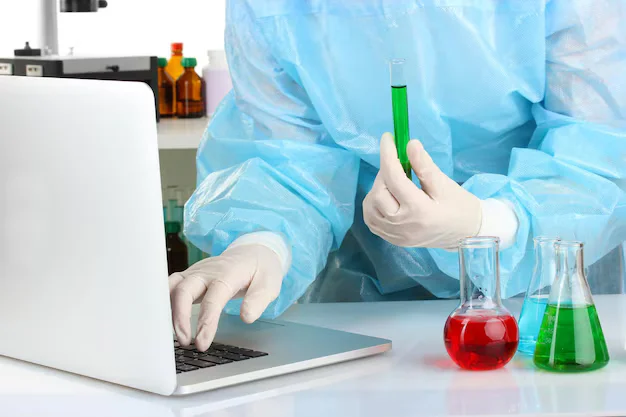In recent years, consumer demand for transparency in food production has surged, leading to an increase in products labeled as "non-GMO" and "organic." As health-conscious shoppers seek cleaner, more natural options, food manufacturers are responding by reformulating products and emphasizing these claims. However, with growing interest comes the need for robust food testing to verify the authenticity of these labels.
The Rise of Non-GMO Claims
Genetically Modified Organisms (GMOs) have been a contentious topic in the food industry for decades. Concerns about their long-term health and environmental effects have pushed many consumers to seek out non-GMO products. In response, food brands have embraced Non-GMO Project Verified labels to cater to this segment.
To ensure these claims are legitimate, specialized laboratories perform DNA-based testing to detect the presence of genetically modified ingredients. These tests use techniques like PCR (Polymerase Chain Reaction) to identify traces of GMOs at the molecular level. For products to carry the non-GMO label, they must meet stringent standards that prove their ingredients have not been genetically altered.
The Organic Trend
Parallel to the rise of non-GMO claims, the demand for organic products has skyrocketed. Organic farming practices, which avoid synthetic pesticides, fertilizers, and genetically modified seeds, appeal to environmentally conscious consumers who prioritize natural and sustainable food sources. Products labeled "organic" must meet strict guidelines set by regulatory bodies like the USDA or India’s NPOP (National Programme for Organic Production).
Laboratories play a crucial role in verifying the organic status of food products. They test for residues of pesticides, herbicides, and synthetic chemicals to ensure compliance with organic farming standards. Additionally, they examine soil health, crop rotation practices, and the absence of GMO seeds in organic farming operations.
Ensuring Label Integrity
Both non-GMO and organic labels provide a layer of assurance to consumers, but only when properly backed by rigorous testing. Without verification, companies risk false claims, leading to consumer distrust and potential legal consequences. As the demand for clean-label foods grows, laboratory testing is essential to maintaining the integrity of these claims.
The Future of Food Testing
As technology advances, food testing methods are becoming more sophisticated, allowing for faster and more accurate verification of non-GMO and organic claims. Innovations like next-generation sequencing and enhanced pesticide residue analysis will continue to improve transparency and accountability in the food industry.
In conclusion, the rise of non-GMO and organic food trends reflects a broader shift toward health-conscious and environmentally friendly consumption. However, the authenticity of these claims relies heavily on the role of laboratories and food testing technologies to ensure accuracy and trust.


